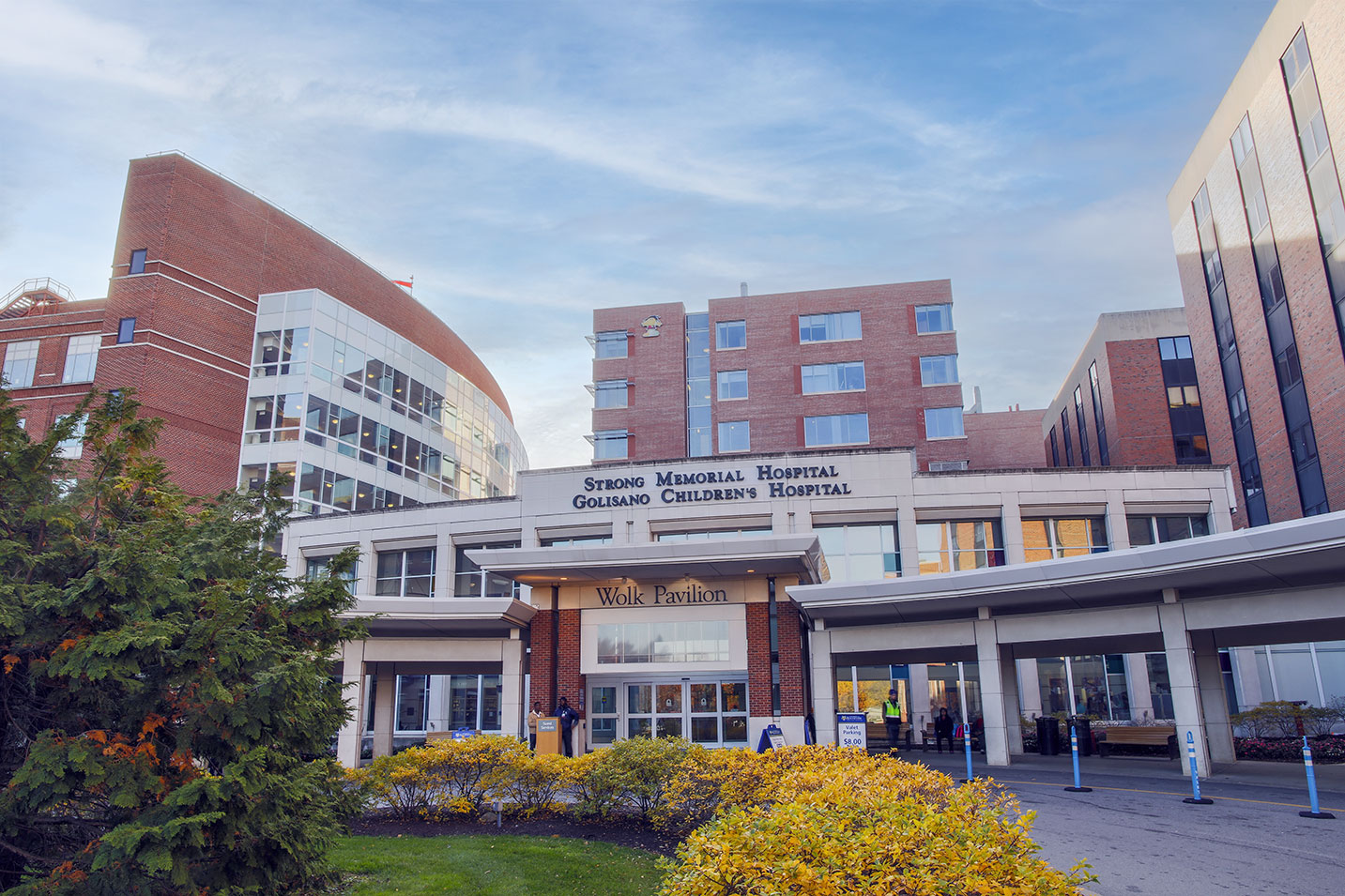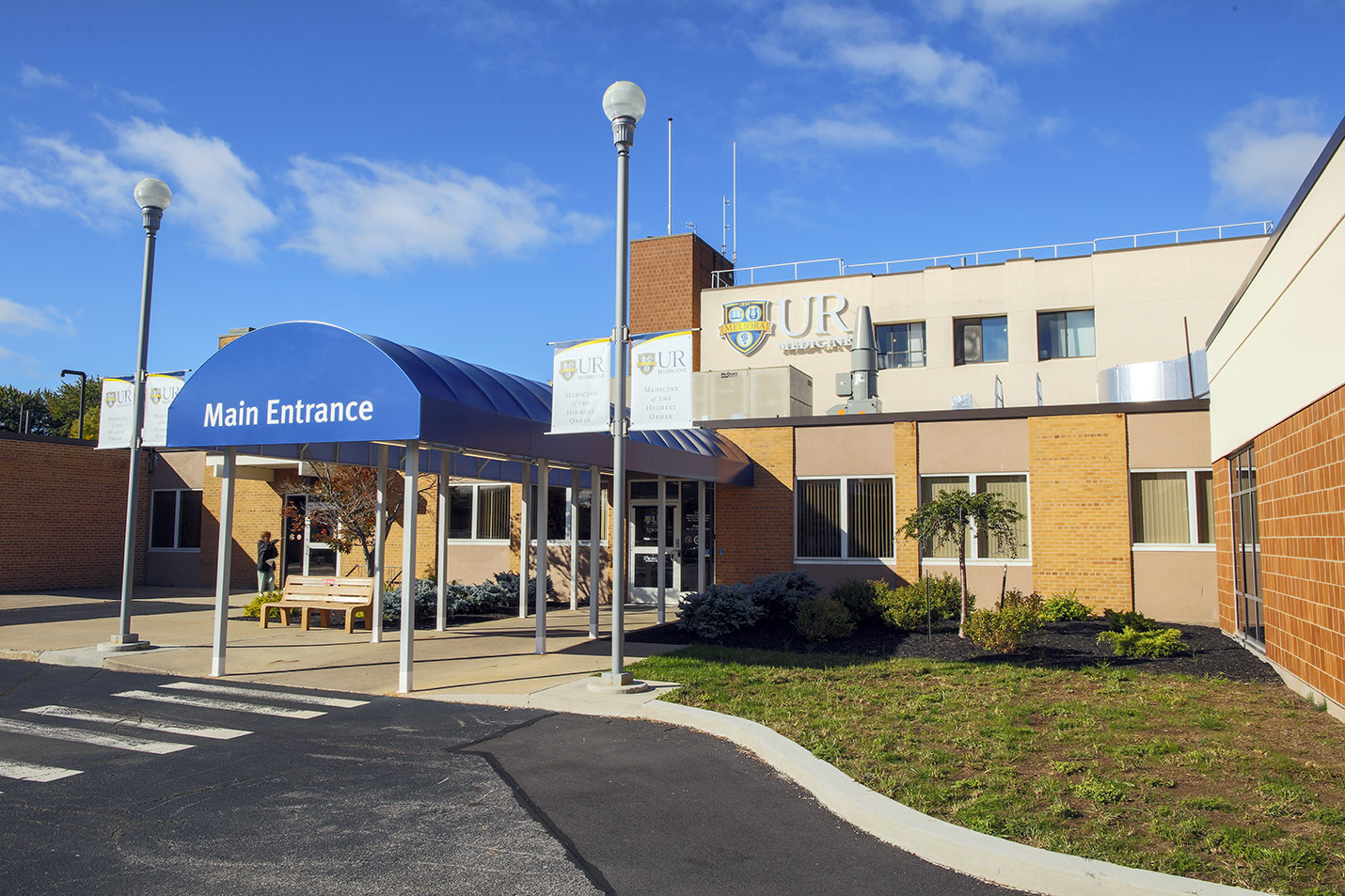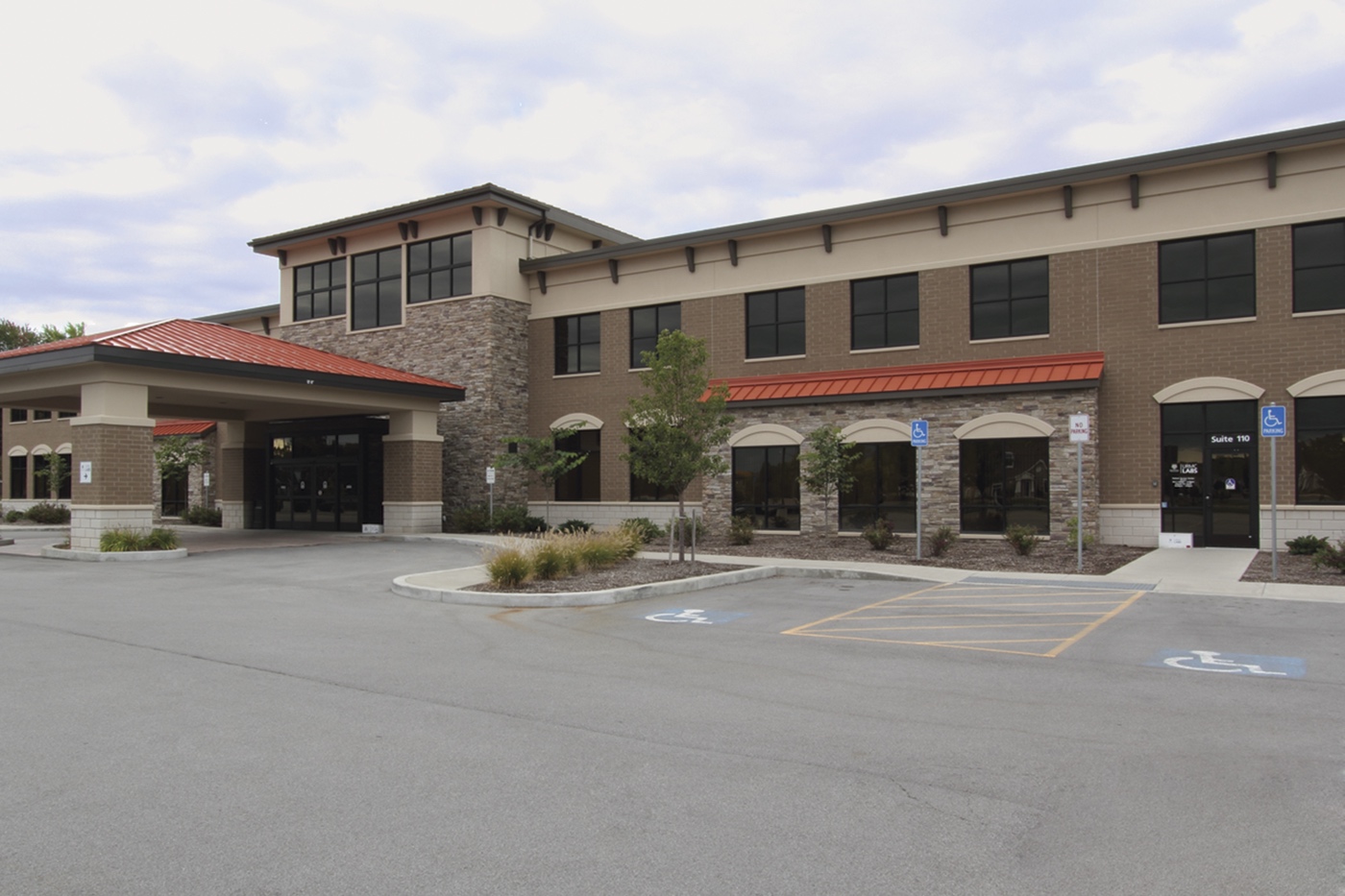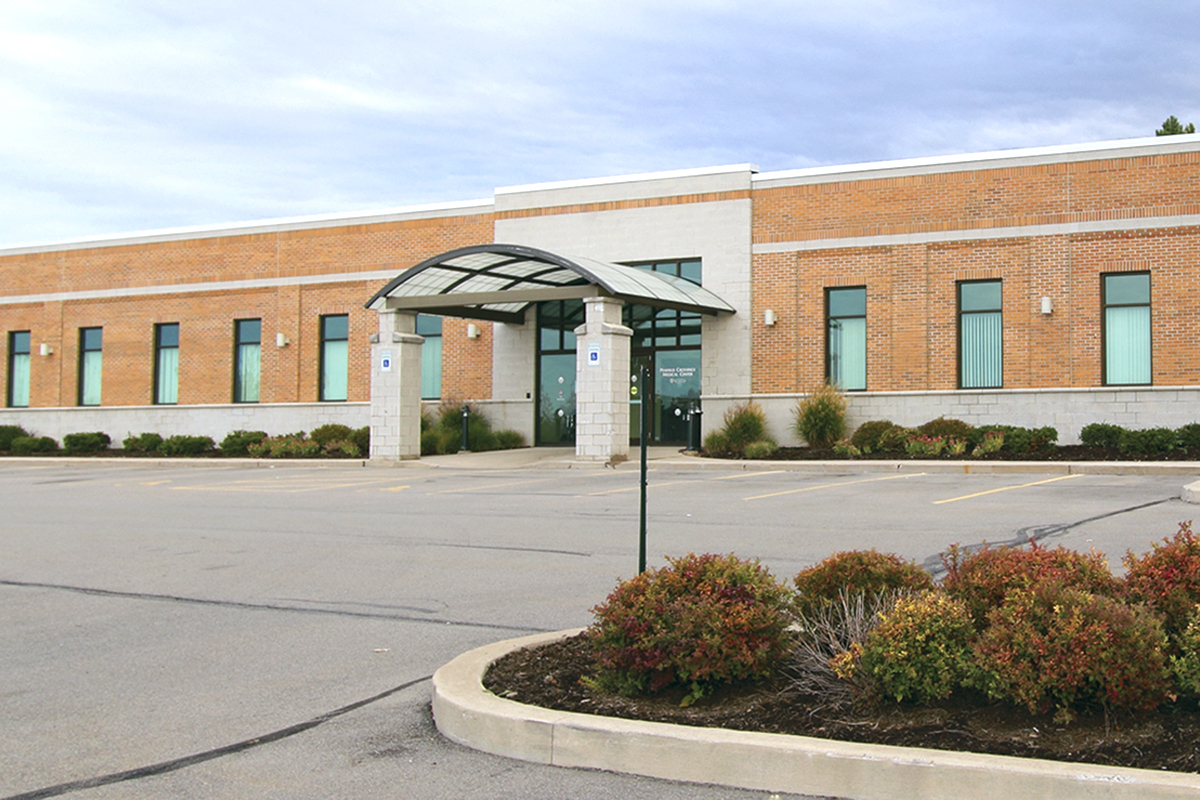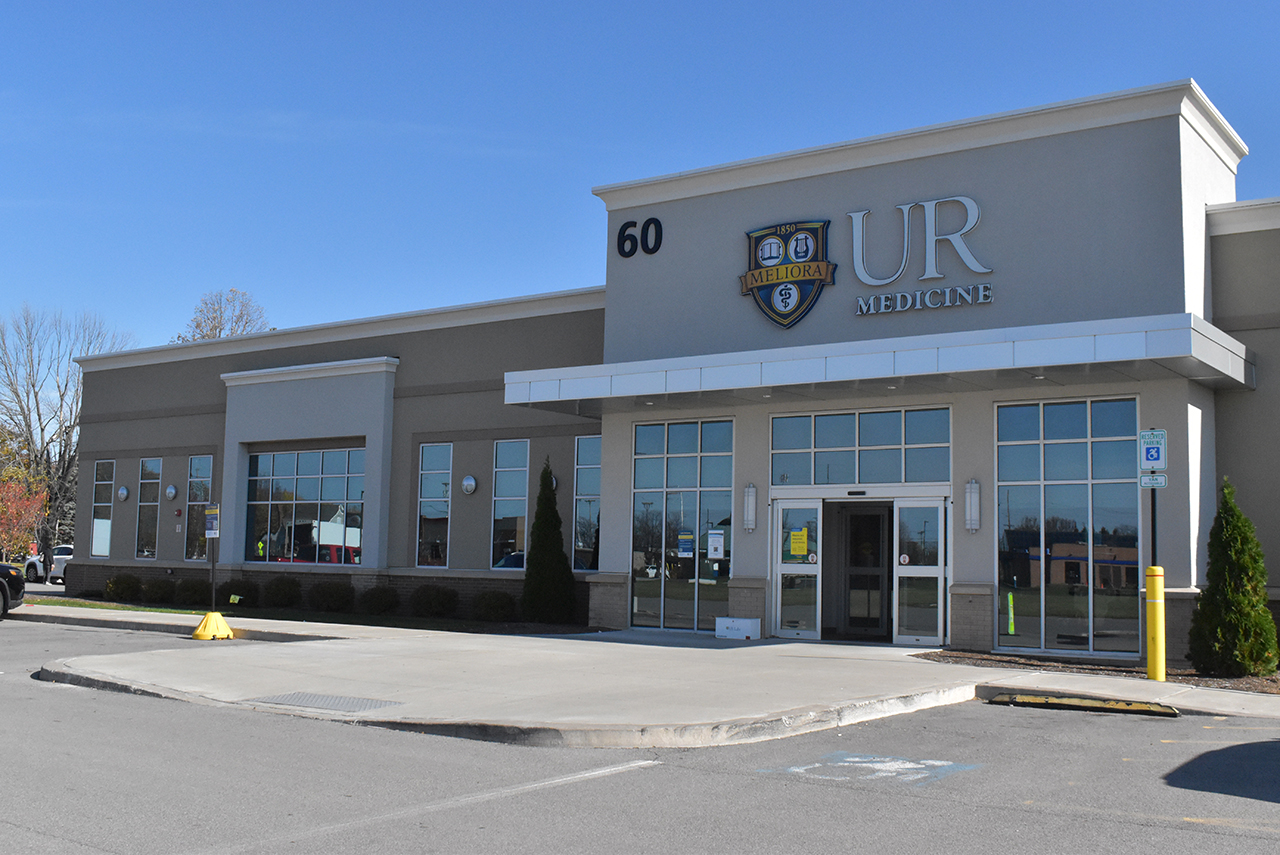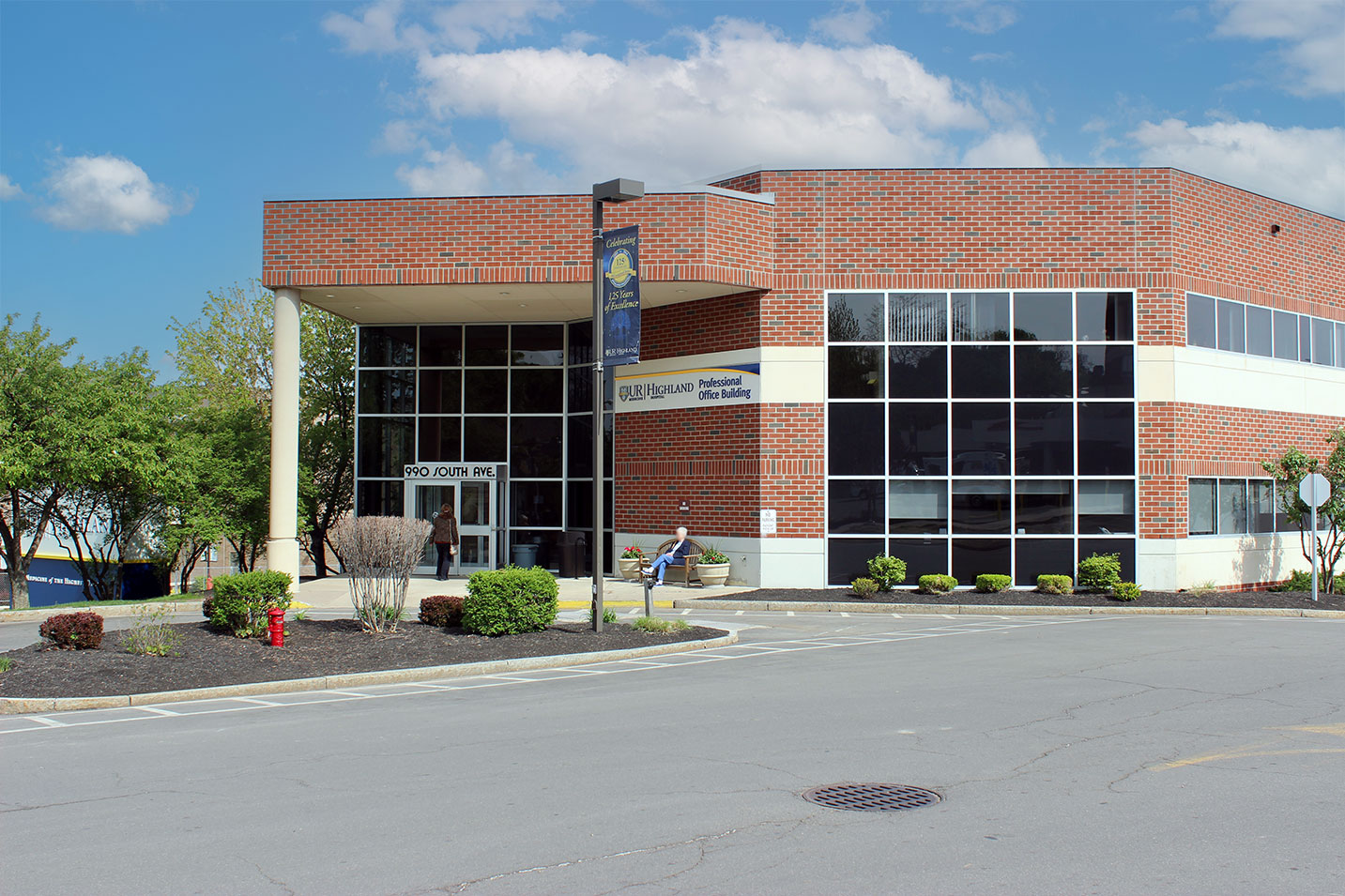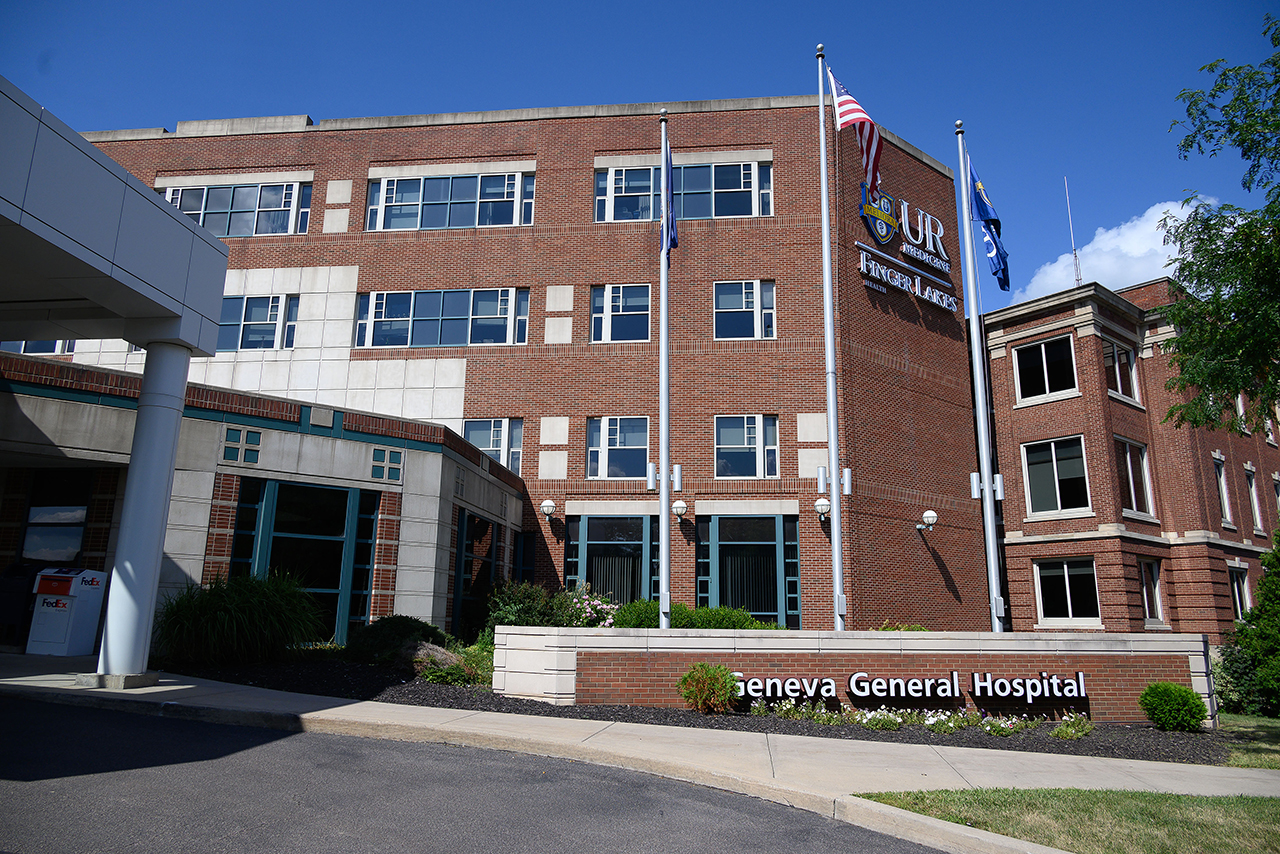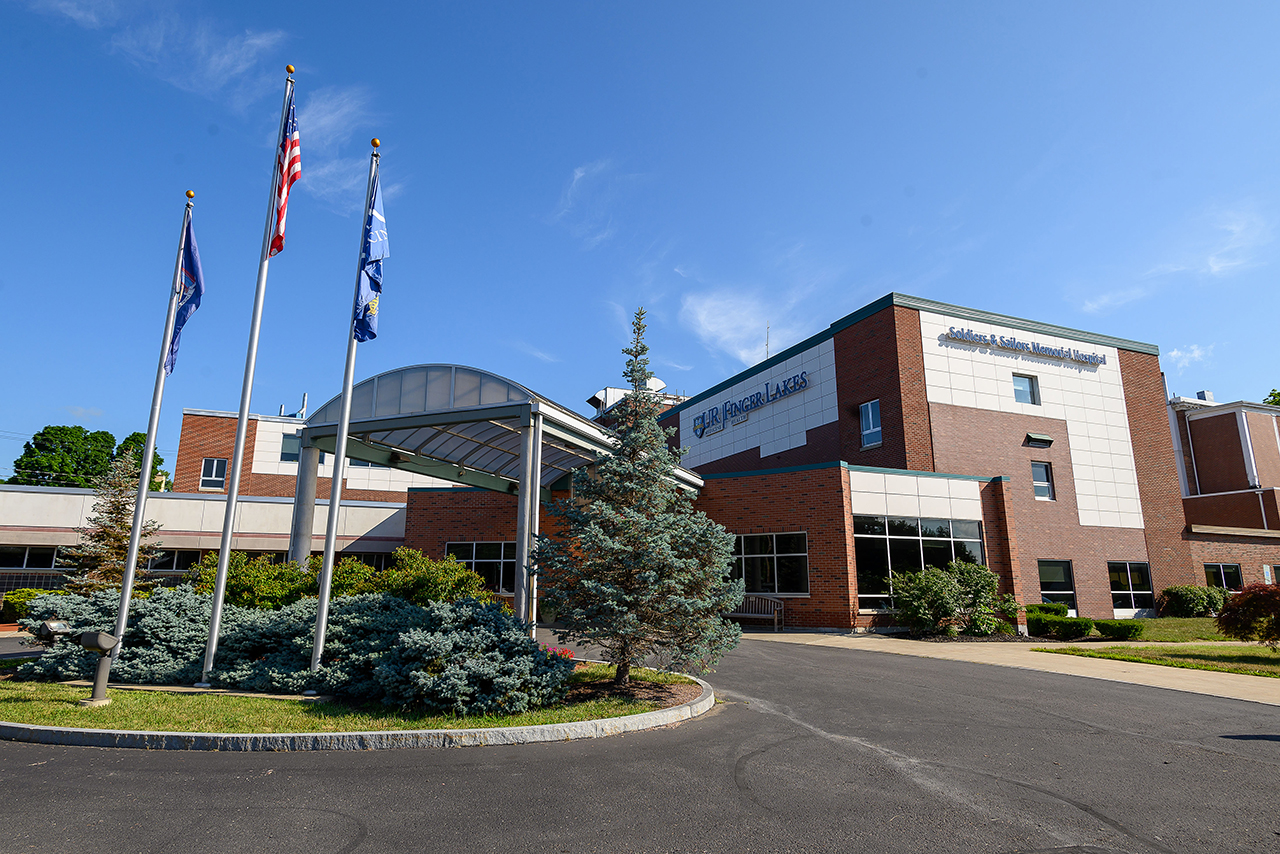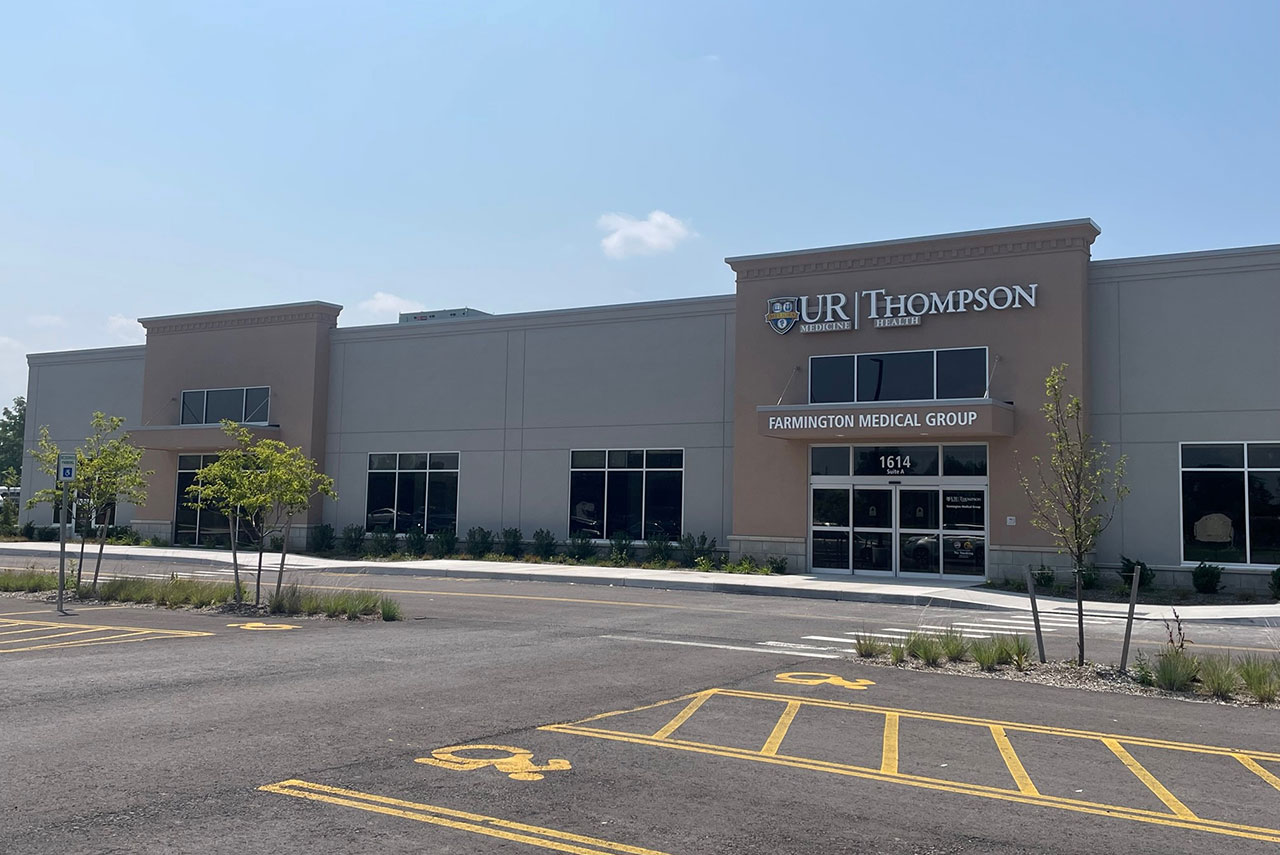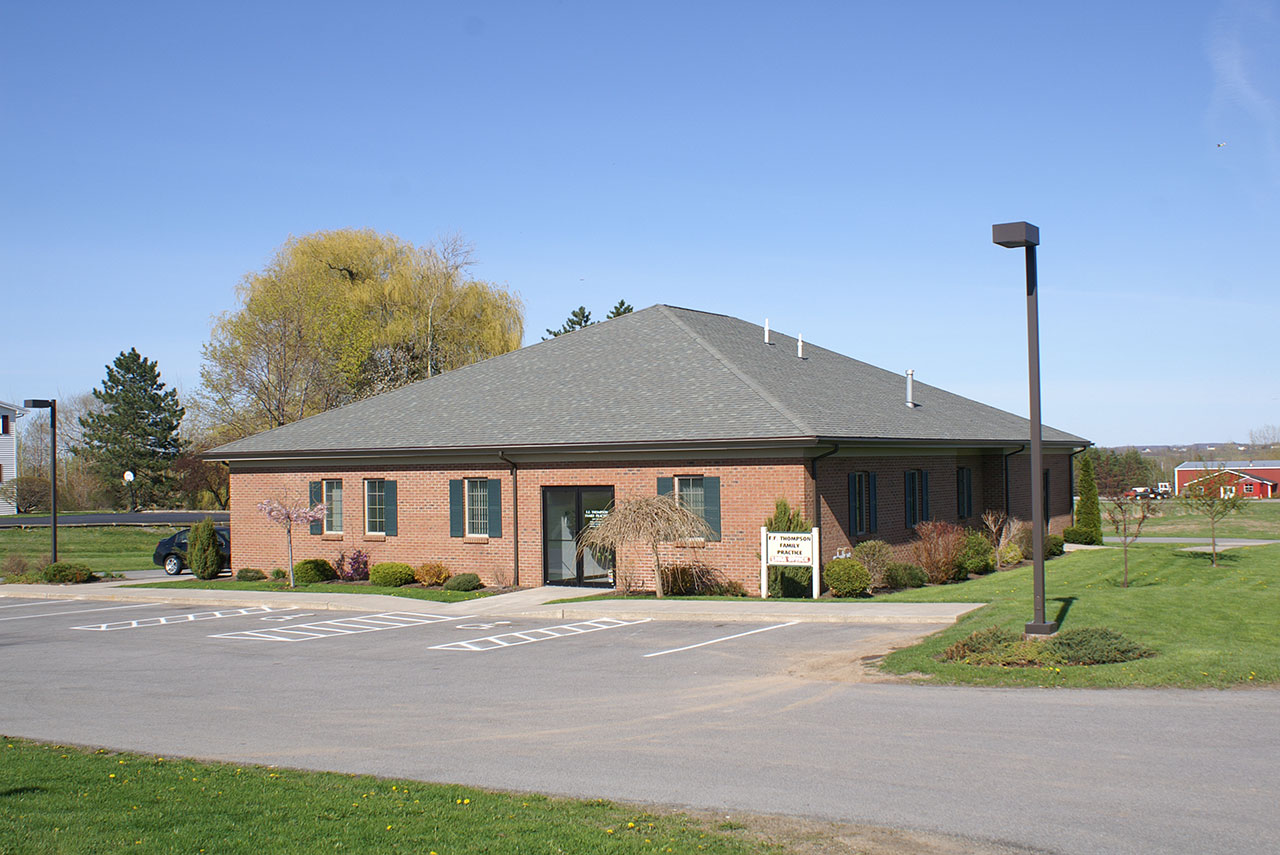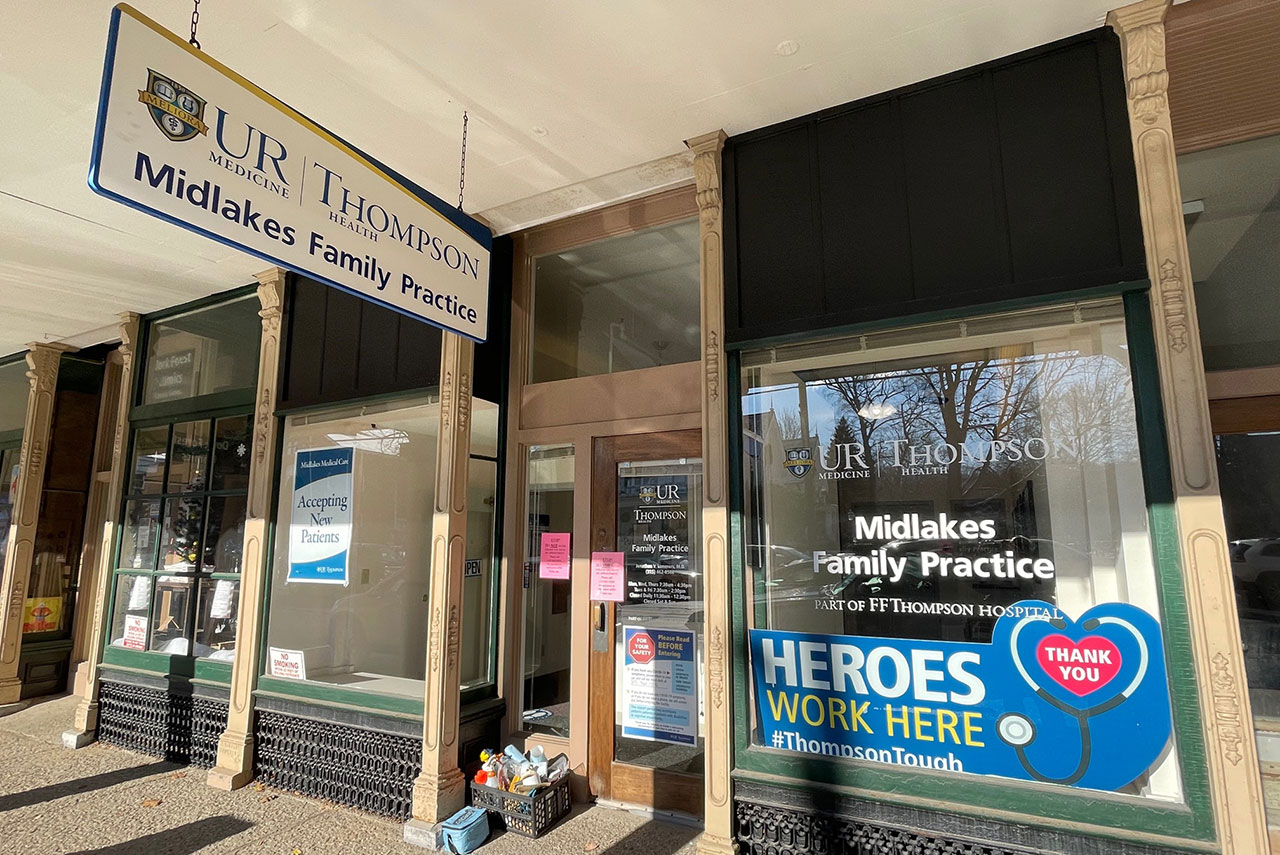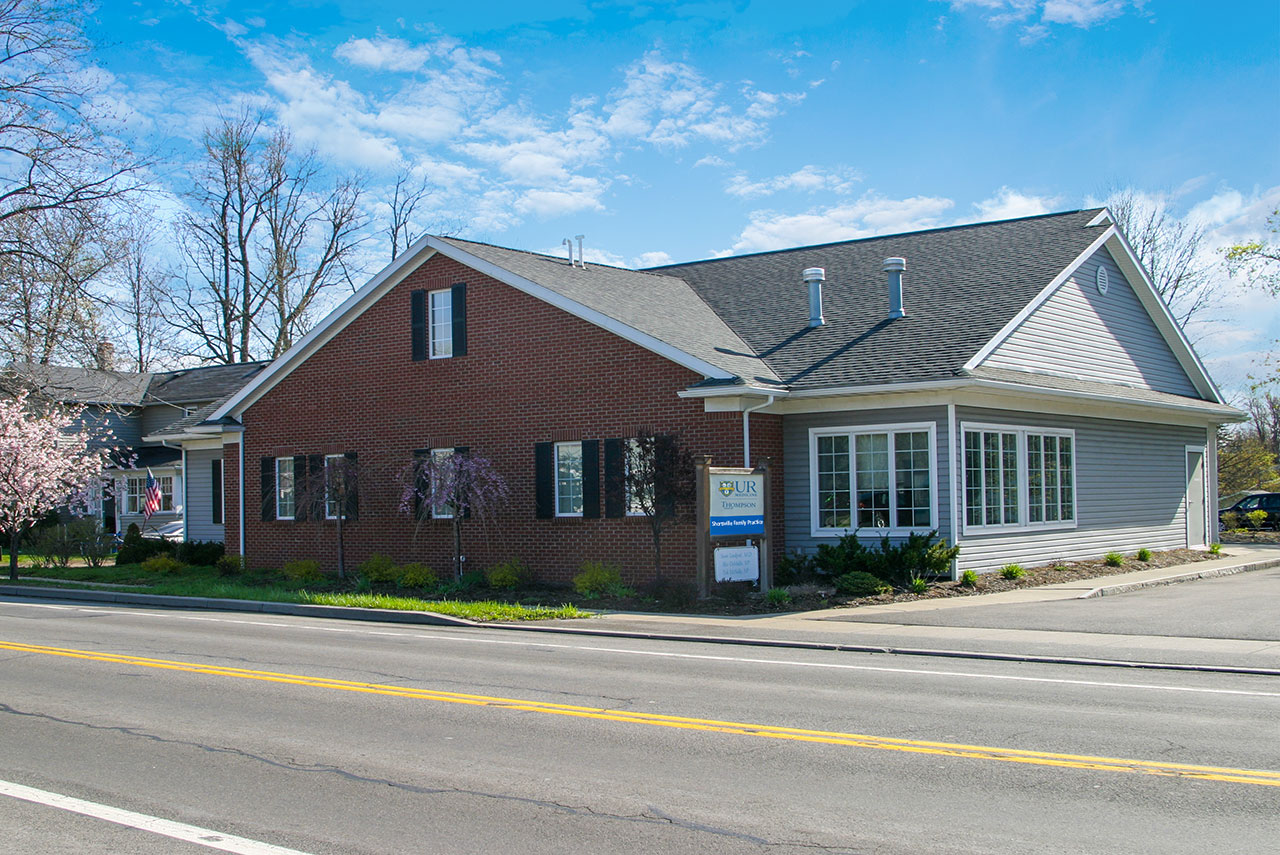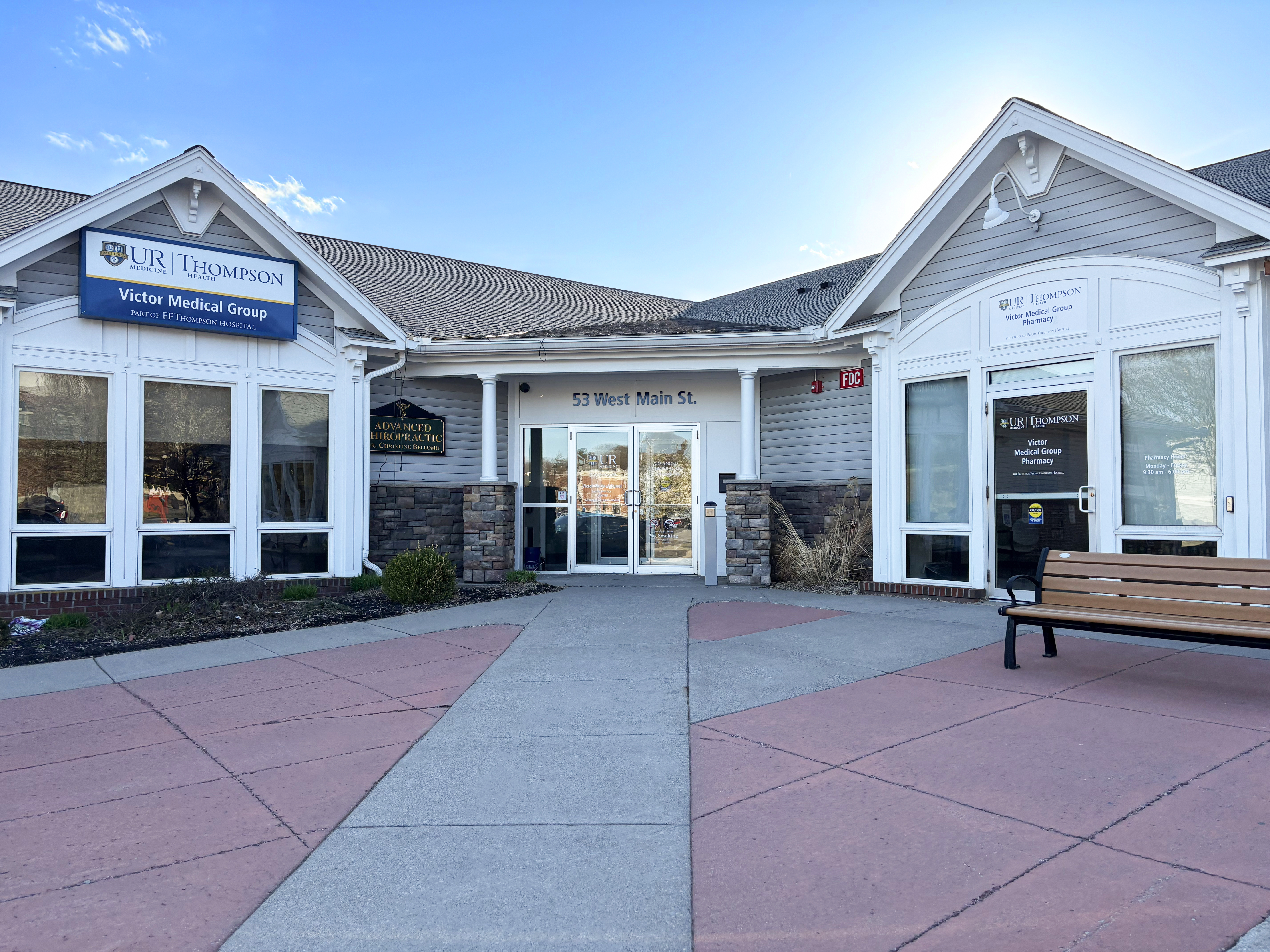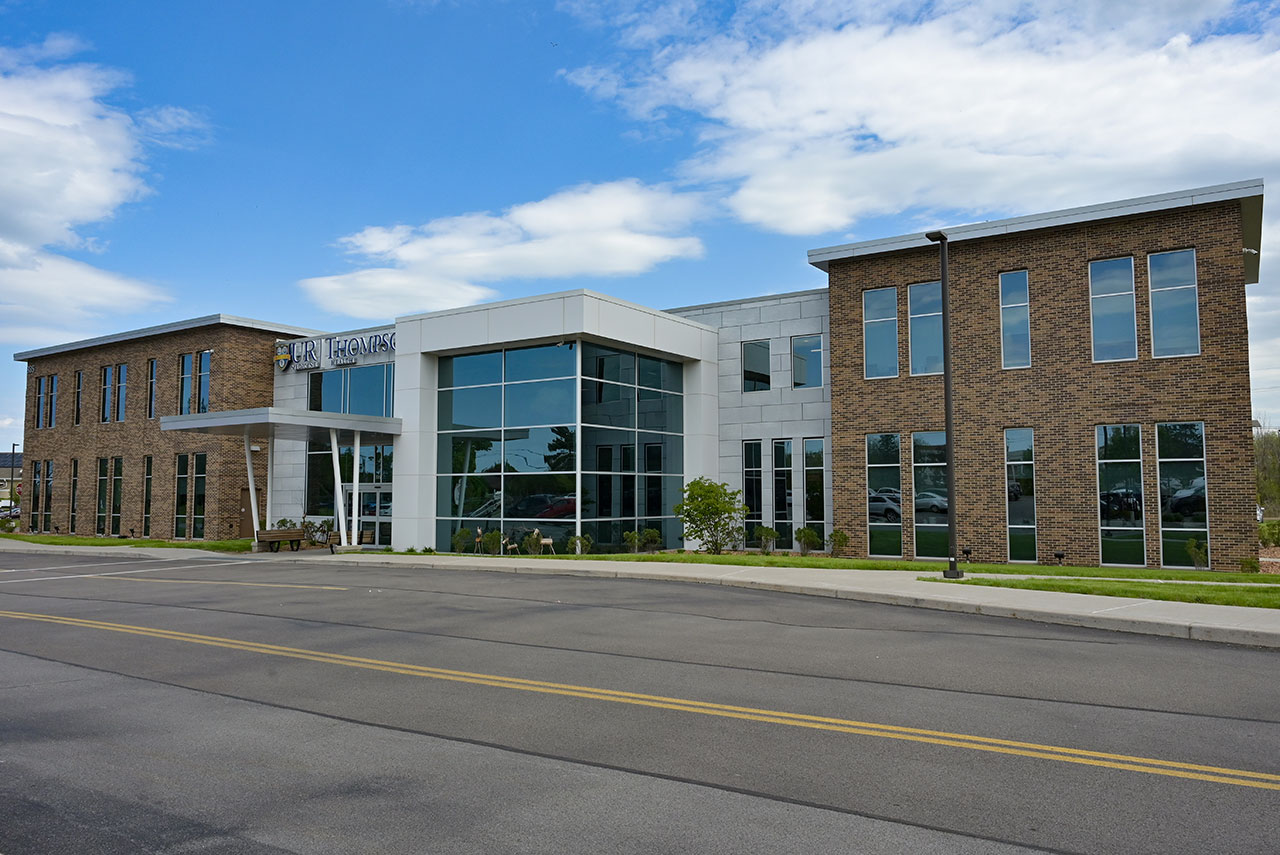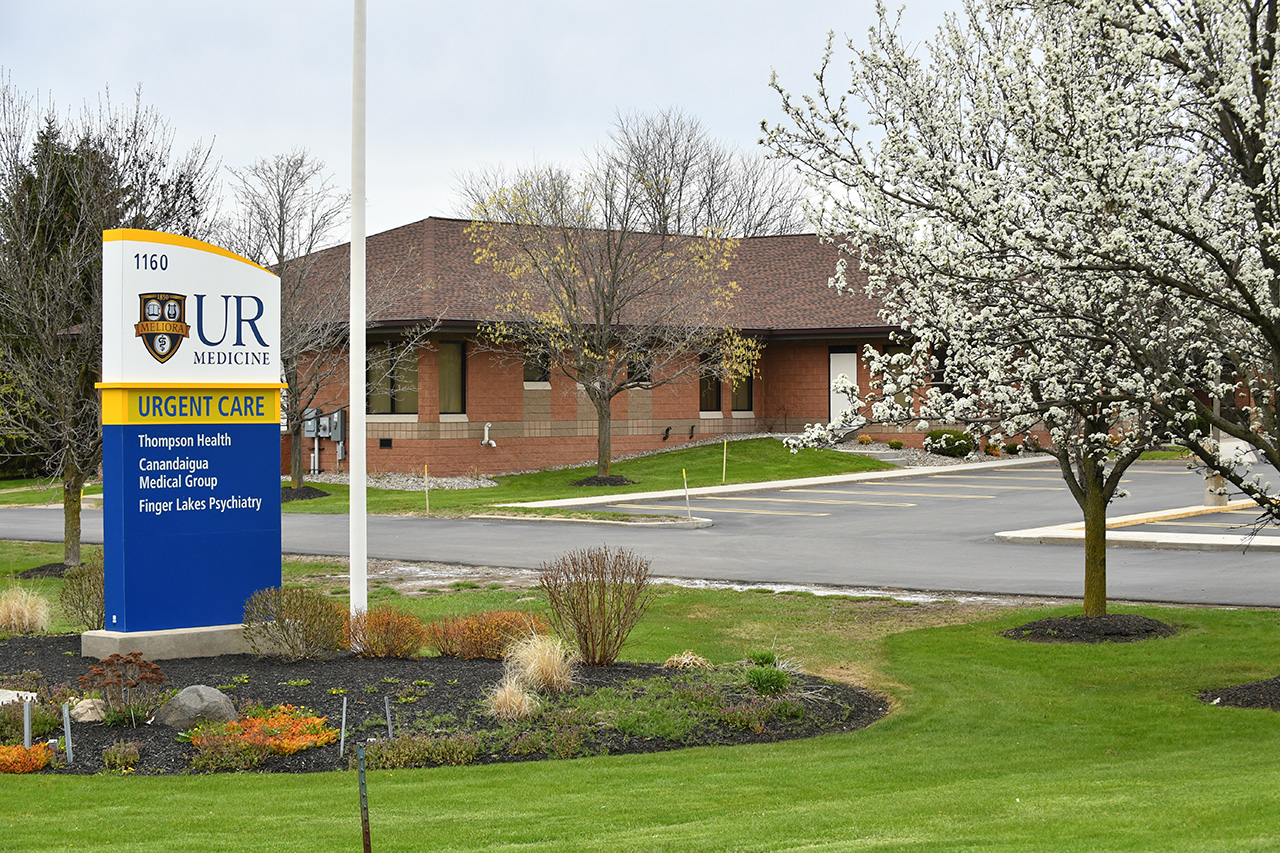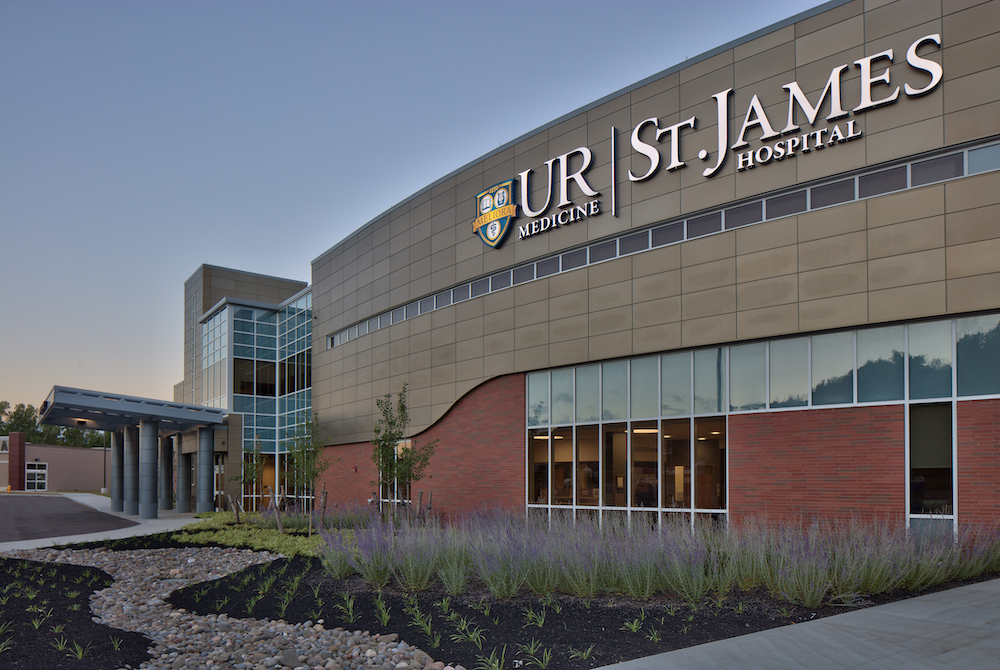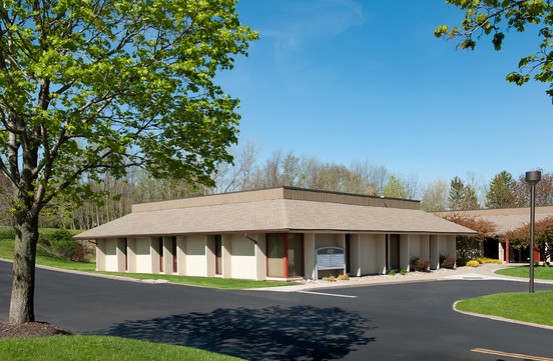Primary Care
Make Appointments & Get Care
Overview
Our experts provide the Rochester area with a new and proactive approach to primary care. Their goal is to keep you healthy—not just treat you once you become sick. We are committed to providing you with the highest level of quality, comprehensive and coordinated health care.

Find a Provider
If you are looking for a new primary care doctor, we make it simple.
UR Medicine's Approach
As part of UR Medicine, we work closely with top specialists in the area, and offer the latest technology and facilities, as well as advanced online tools. Our physicians are active in teaching and research, ensuring that you receive the best treatment and prevention for your health needs.
We help our patients enjoy the very best health with a patient-centered approach to care. Not only will you partner with your physician to identify treatment options, but with each visit we will also seek your feedback on the care you received and helpfulness of our staff.
What Sets Us Apart?
Each of our doctors is supported by one or more Care Managers—highly experienced registered nurses who are able to work with you on an ongoing basis to help with issues like losing weight or controlling high blood sugar.
Our doctors are also supported by the area's most advanced medical records system. As a result, they are able to track health issues more effectively and contact you when needed—for example, when you are overdue for a mammogram or a colonoscopy. With these people and systems in place, we are making it possible for our care providers to spend more time with patients.
This approach is also helping us to attract the best and brightest doctors—doctors who are excited about the opportunity to have a bigger impact on the health of their patients.
Press Ganey Guardian of Excellence Award
UR Medicine Primary Care is a three-time recipient of the Press Ganey Guardian of Excellence Award!
The UR Primary Care Network has earned Press Ganey’s Guardian of Excellence Award, ranking in the top 5 percent for Patient Experience in care delivery compared with similar programs across the country for the third consecutive year. This nationally recognized symbol of achievement in health care is awarded annually to Press Ganey clients who have sustained patient satisfaction scores in the 95th percentile or higher for a full year.
"Consistently exceeding patient expectations is a tall order for a primary care network of our scope and size," said UR Medicine Primary Care Provider Wallace E. Johnson, M.D. "This award is evidence of our team’s commitment to understanding and serving the needs of each and every patient who entrusts us with their care. Patient experience is critical to quality improvement and earning this recognition affirms our progress in this area and inspires us to become even better."
Medicine in Psychiatry Service (MIPS)
Medicine in Psychiatry Services–Primary Care (MIPS-PC) specializes in primary care and mental health services for adults ages 18 and up with severe mental illnesses (including schizophrenia and schizoaffective and bipolar disorders). MIPS-PC patients can also receive treatment for co-existing substance abuse disorders.
Lactation Care Support and Services
Our designated Primary Care-Lactation Care Managers (PC-LCM), Ashley Johnson and Cherlyn McFadden, support and educate families planning to breastfeed/chestfeed their children before birth and throughout their parenting journeys. They work in collaboration with providers and clinical offices to integrate breastfeeding support into their primary care. These services are offered at Highland Family Medicine, East Ridge Family Medicine, and North Ponds Family Medicine.
Lactation Care services include:
- Delivery and postpartum planning
- Lactation education and support
- Pump selection and education
- Bottle feeding
- Connection to support services
- Return-to-work pumping
Community Partners
At Primary Care Network, we highly value our community partners, with whom we frequently refer and/or coordinate care. Thanks to these individuals and businesses for their collaboration in promoting healthy families and communities!
Locations
View All LocationsWe serve you in the Rochester metropolitan area and surrounding region.
View All Locations73 locations
Ambulatory Care Center at Strong Memorial Hospital
601 Elmwood Avenue, 5th Floor
Rochester, NY 14642
Lakeville Office Park Complex
3509 Thomas Drive, Suite 4
Lakeville, NY 14480
Avon Professional Center
470 Collins Street
Avon, NY 14414
Strong West
156 West Avenue, 2nd Floor
Brockport, NY 14420
South Pointe Landing
10 South Pointe Landing, Suite 250
Rochester, NY 14606
Clinton Crossings, Building H
2400 South Clinton Avenue, Suite 110
Rochester, NY 14618
Clinton Crossings, Building G
2400 South Clinton Avenue, 2nd Floor
Rochester, NY 14618
999 East Ridge Road, Suite 800
Rochester, NY 14621
Perinton Medical Center
800 Ayrault Road, Suite 200
Fairport, NY 14450
2135 Buffalo Road
Rochester, NY 14624
Calkins Corporate Park (Red Creek)
200 Red Creek Drive, Suite 100
Rochester, NY 14623
127 West Main Street, Suite 5
LeRoy, NY 14482
454 East Broad Street, Suite 100
Rochester, NY 14607
Calkins Corporate Park (Red Creek)
300 Red Creek Drive, Suite 200
Rochester, NY 14623
Eastside YMCA
1835 Fairport Nine Mile Point Road, Suite 100
Penfield, NY 14526
Barrett Place
55 Barrett Drive, Suite 100
Webster, NY 14580
Clinton Crossings, Building H
2400 South Clinton Avenue, Suite 230
Rochester, NY 14618
Penfield Crossings
2212 Penfield Road, Suite 200
Penfield, NY 14526
Penfield Crossings
2212 Penfield Road, Suite 100
Penfield, NY 14526
Clinton Crossings, Building H
2400 South Clinton Avenue, Suite 210
Rochester, NY 14618
Schottland Family YMCA
2300 West Jefferson Road, Suite 400
Pittsford, NY 14534
Clinton Crossings, Building E
995 Senator Keating Boulevard, Suite 200
Rochester, NY 14618
Lac De Ville Medical Building
2561 Lac De Ville Boulevard, Suite 202
Rochester, NY 14618
777 South Clinton Avenue
Rochester, NY 14620
7995 Call Parkway, Suite 100
Batavia, NY 14020
167 Sully's Trail, Suite 100
Pittsford, NY 14534
South Pointe Landing
10 South Pointe Landing, Suite 210
Rochester, NY 14606
3669 Countryside Lane
Marion, NY 14505
60 Greece Center Drive, Suite 4
Rochester, NY 14612
Panorama Landing
959 Panorama Trail South, Suite 100
Rochester, NY 14625
1669 Pittsford-Victor Road, Suite 100
Victor, NY 14564
3 Handley Street, Suite 2
Perry, NY 14530
Village Woods Commons
42 Nichols Street, Suite 10
Spencerport, NY 14559
2081 West Ridge Road, Suite 205
Rochester, NY 14626
Lac De Ville Medical Building
2561 Lac De Ville Boulevard, Suite 200
Rochester, NY 14618
4418 Ridge Road, Suite 1
Williamson, NY 14589
1900 Empire Boulevard, Suite 100
Webster, NY 14580
Highland Professional Office Building
990 South Avenue, Suite 207
Rochester, NY 14620
418 North Main Street
Penn Yan, NY 14527
7492 State Route 54
Bath, NY 14810
Canandaigua Professional Center
3170 West Street, 1st Floor, Suite 100
Canandaigua, NY 14424
1614 Route 332
Farmington, NY 14425
23 North Street, Suite 5
Canandaigua, NY 14424
1033 Pittsford-Palmyra Road (Route 31)
Macedon, NY 14502
16 East Main Street
Clifton Springs, NY 14432
15 Canandaigua Street
Shortsville, NY 14548
335 Parrish Street, 1st Floor
Canandaigua, NY 14424
335 Parrish Street, 2nd Floor
Canandaigua, NY 14424
Thompson Health Medical Center
1160 Corporate Drive
Farmington, NY 14425
St. James Medical Office Building
7309 Seneca Road North, Entrance E, Suite 101
Hornell, NY 14843
1991 Balsley Road
Seneca Falls, NY 13148
367A East Main Street
Waterloo, NY 13165
Thompson Health Medical Center
1160 Corporate Drive
Farmington, NY 14425
St. James Medical Office Building
7309 Seneca Road North, Entrance E, Suite 109
Hornell, NY 14843
Sands Family YMCA
351 North Street
Canandaigua, NY 14424
5877 Old State Route 19
Belmont, NY 14813
15 Loder Street
Wellsville, NY 14895
127 North Main Street
Wellsville, NY 14895
313 North Main Street
Wellsville, NY 14895
Third Floor, Medical Village
191 North Main Street
Wellsville, NY 14895
Third Floor, Medical Village
191 North Main Street
Wellsville, NY 14895
48 East South Street, Suite 100
Geneseo, NY 14454
7309 Seneca Road North, Suite 114
Hornell, NY 14843
Cross Keys Office Park
420 Cross Keys Office Park
Fairport, NY 14450
